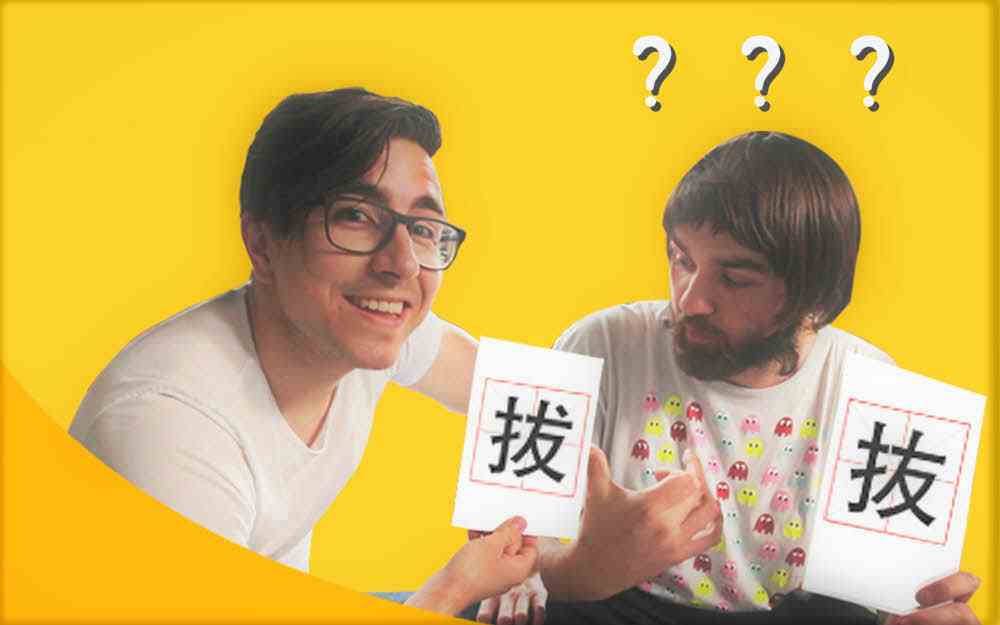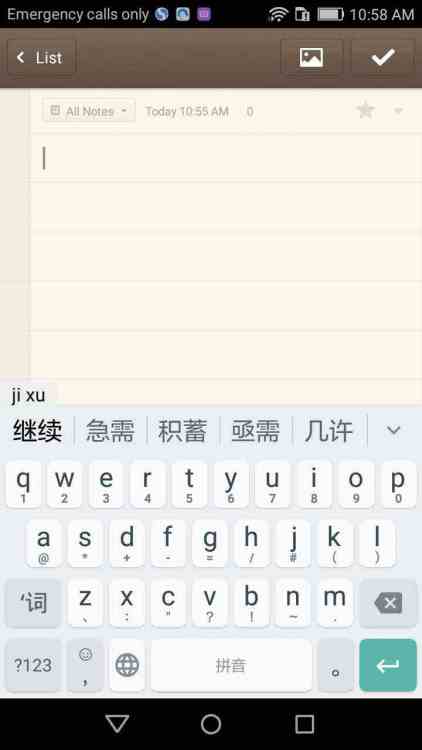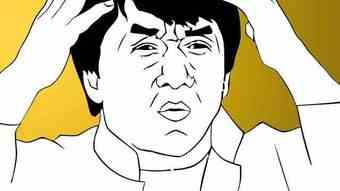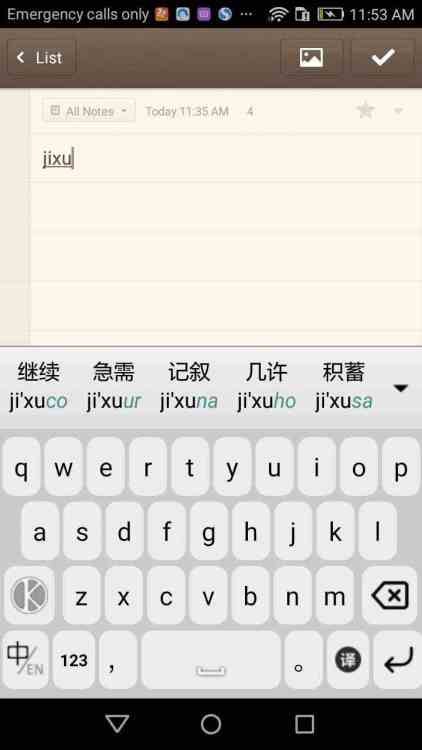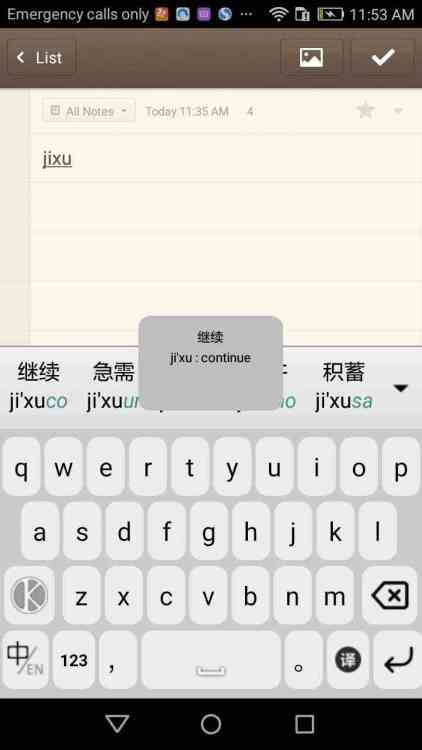Search the Community
Showing results for tags 'chinese learning'.
-
Hello! My name is Chen Wei. I am a certified Chinese teacher from China with over 7 years of experience, and have taught many students of all ages and levels. Whether you are a complete beginner or intermediate, I welcome you to attend my classes! Cost Class fees start from $25 per class. Structure (Location & Time) The classes will be held at a library around Sydney, or nearby coffee shop. The structure can be a private 1-on-1 lesson, as a group, or online using webchat. Bookings are essential to secure your preferred class times. Contact details Please feel free to contact me to discuss your current Chinese language level and goals. Mobile: 0421 954 987 Email: [email protected]
-
- chinese tutor
- chinese classes
- (and 10 more)
-
Is Chinese difficult to learn? We often hear quite a few people say: “I want to learn Chinese, but the characters drive me nuts.” Chinese characters are difficult for sure. Made up of strokes, Chinese characters is the morphemic recording morpheme and most of them indicate the meaning only. Apart from that, the writing system is different from alphabetic script which widely used by most nations. But fortunately, living in the era of of information and technology, we don’t really need to write but type in daily life. Mobile phone, pad, laptop...... we type anytime,anywhere. That is, it would be great as long as you can type accurately! There are lot’s of Chinese input method that could be your option. Type pinyin then choose the word you want. But here comes the question: What do you see after type “jixu” by Chinese input method on your mobile? And how do you identify the word which means “continue” among over 5 equally pronounced words? At this very moment we believe that you need a helper to choose for you. It’s not Google, and it’s not Pleco neither. It’s inefficiency to switch out of the message app, identify the correct character in Pleco or some other apps, then go back to the message app to finish your text. ICboard would definitely be the helper to assist you in improving speed and accuracy of your Chinese typing. ICboard adds the “auxiliary code” after the pinyin to give people some hints, and assist you to narrow the range from the list which shows many different characters with same pronunciation then lock the target. The “auxiliary code” is not all of ICboard. It has other functions such as translate, Ch-En mixed input, gesture input, voice input etc. ICboard helps you type Chinese characters easier and learn more about Chinese! Welcome to download ICboard in Google Play store and have a try. We also provide online lessons to help you start the journey of typing and learning Chinese characters with ICboard. Our staffs will answer your questions promtly. If you're interested in joining us to get this beta ICboard and lessons of Chinese characters for free, pls fill the application form online
-
Anybody have tried these two exercises before? Exercise #1: Mirror Learning Pinyin will help lay the foundation for pronunciation. Chinese Pinyin consists of initial consonants (b, p, m, f, d, t, n, l, g, k, h, j, q, x, z, c, s, r, zh, ch, sh) and finals or compound vowels (a, o, e, i, u etc). How can we make sure that we are pronouncing them accurately? Watch ourself in the mirror! When we try to imitate the pronunciation of the written Pinyin, check our mouth’s appearance, along with our lip and tongue positions as we make the sounds. Here is an example of what to look for in the mirror: For initial consonants: n, m ● When you pronounce the “n” sound, your lip needs to be kept slightly open, exposing your bottom teeth. ● While you pronounce the “m” sound, you need to keep your lips closed. Check your lips in the mirror to make sure your pronunciation is correct. Finals: a, o, e ● When we pronounce the “a” sound, open our mouth wide, put our tongue in a centered position and slightly raise the middle of the tongue blade (just behind the tip). ● When we pronounce the “o” sound, push our lips forward into a small circle, with our tongue at the bottom of our mouth, leaving a hollow space just above it. ● To produce the vowel “e” sound, first pronounce “o”, and then change the shape of our mouth from rounded to unrounded. At the same time, spread our lips apart, as if we were smiling. Maybe we can do this in the privacy of home, so that we don’t have to feel silly in front of others! Exercise #2: Paper Prepare some small and thin papers in a plate, and pronounce “b” and “p” initial consonants toward the plate. Of course, make sure our mouth is close to the plate, as the following image shows. If we pronounce “p” correctly, small papers will be blown away. On the contrary, the papers will be kept stable if we pronounce “b” correctly towards the plate. It’s as simple as that! A good way to imitate and distinguish aspirated consonants and unaspirated consonants is an exercise that I call “paper game”.
-
- chinese learning
- mandarin
-
(and 2 more)
Tagged with:

